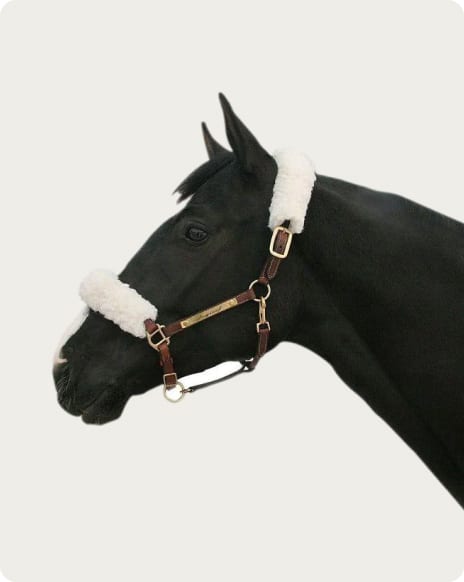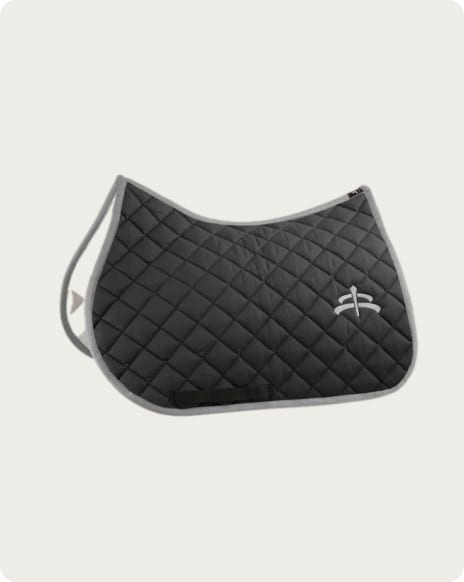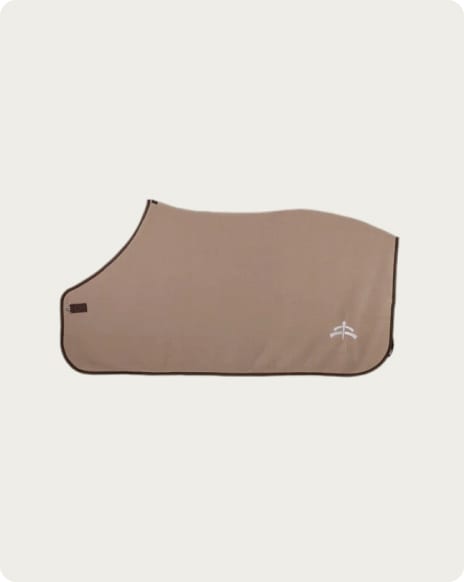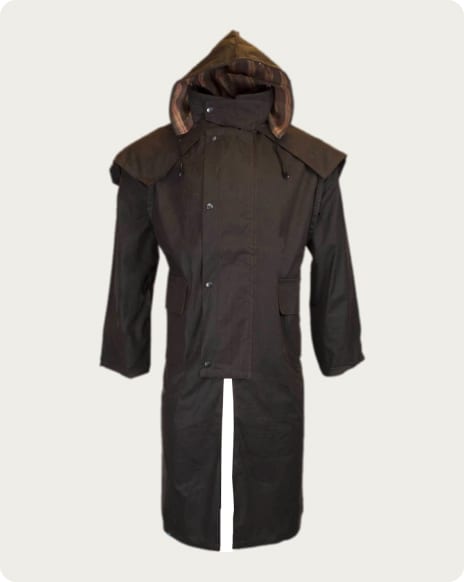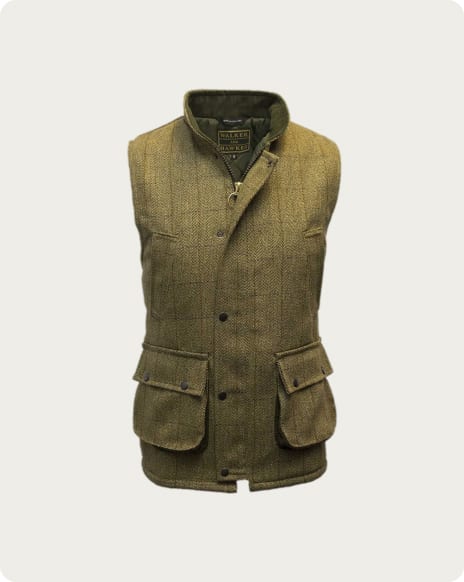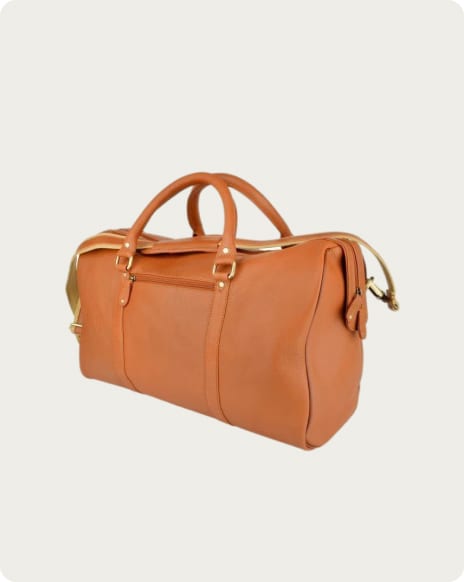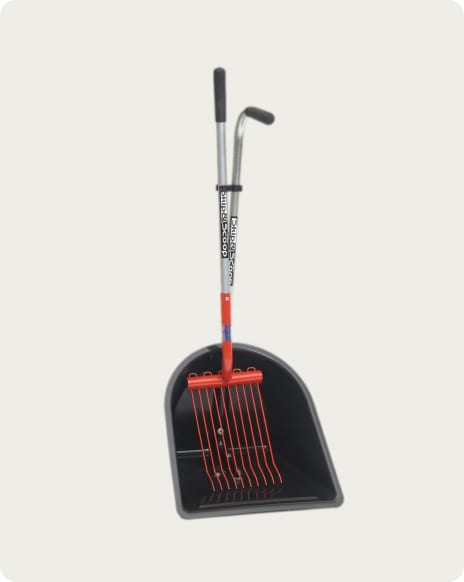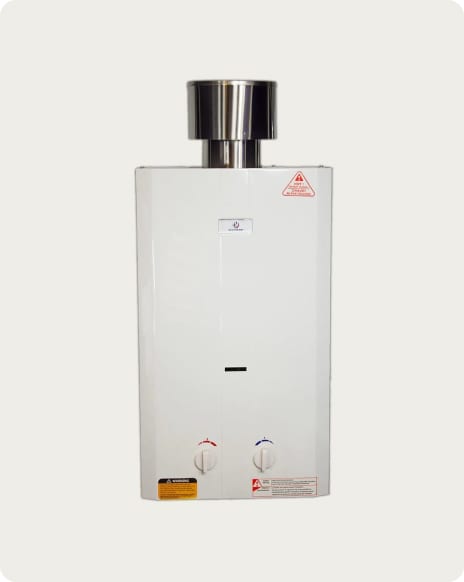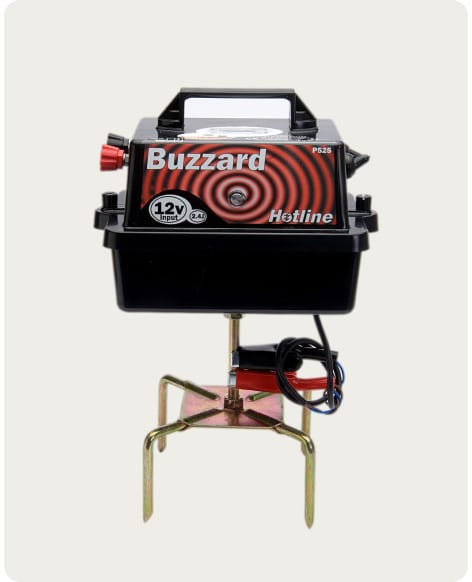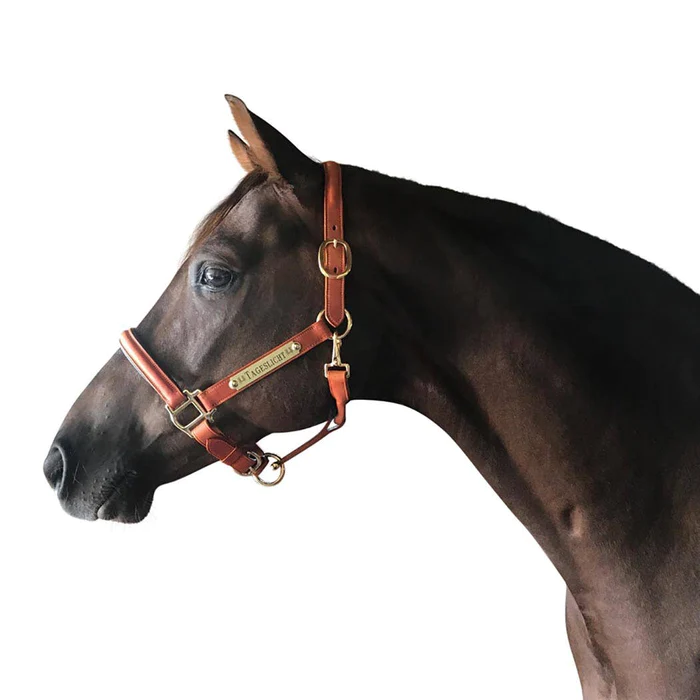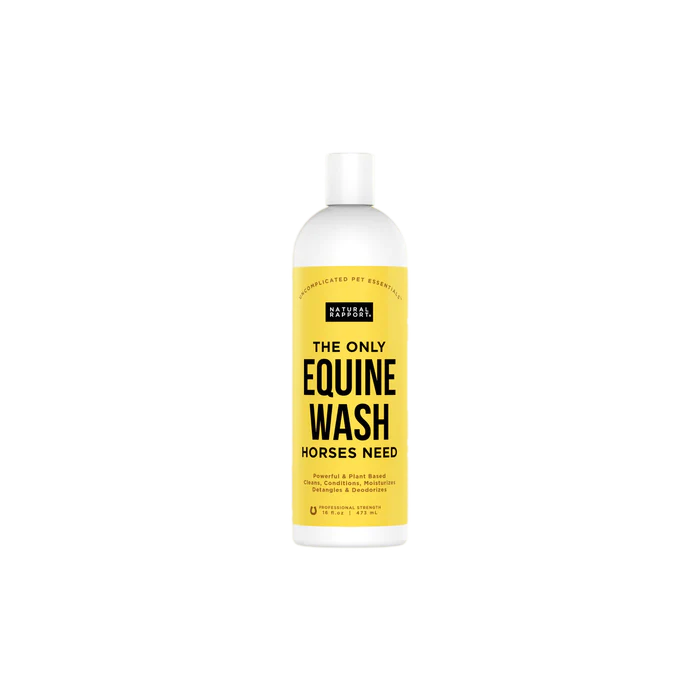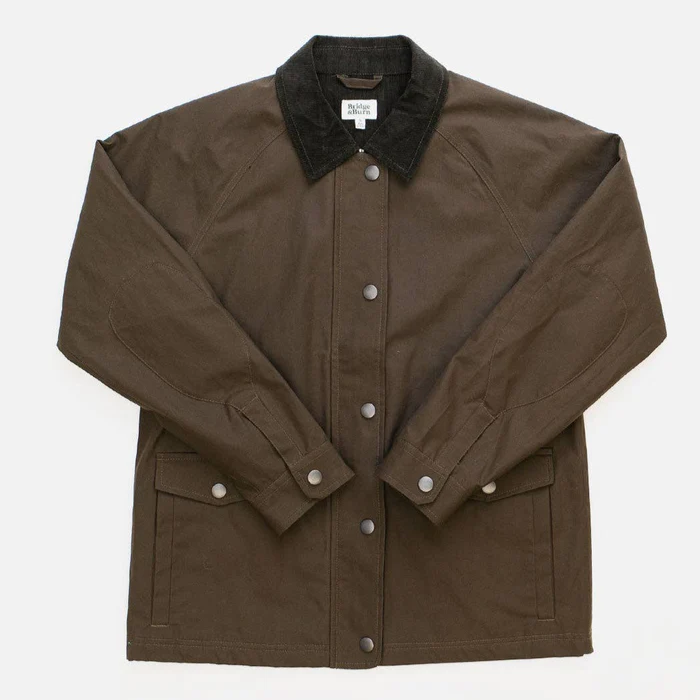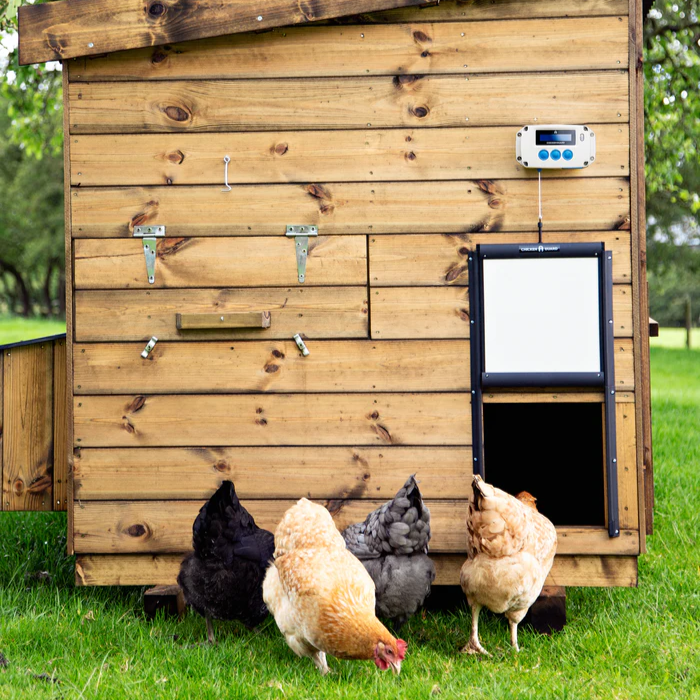When it comes to electric fence posts, a wide range of materials, heights and fitting levels are to be offered here at Equestrian Co. If you'd like to find out more about the types of electric fence posts for different animals - please have a look at our comprehensive guide at the bottom of this page. If you are looking to buy electric fence posts in bulk, you can take an advantage of our bulk pricing deals below. Not sure which brand you should pick? We recommend Hotline for all your electric fencing needs.
There are many aspects which contribute to the quality of a turnout such as footing, grazing possibilities and the area where a paddock or a pasture situated itself, however, the safety is the most important one of them all. There are many things to consider to ensure safety, but the first step would always be the right kind of fencing. All you need to power up a fence is a good quality electric fence energiser, some electric fence posts (which can be found on this page) and an electric fence tape or rope. The electric fencing is a low-cost and a safe solution. It ensures that your horses, cows or other animals won’t run away and it will keep out wild foxes and wolves away from your precious animals. When installing an electric fencing there are many things to take care of and consider, and the posts for electric fencing contribute a lot.
Plastic & PVC, Metal, Steel or Fibreglass?
There are various materials to choose from - Plastic, PVC, Metal, Steel or Fibreglass - you name it. Every material is good in its own way and for its own purpose. Simple plastic electric fence posts are usually the cheapest and easiest to replace. PVC is a great material for insulation of steel or metal posts. Plastic and fibreglass are more durable than the simple plastic version of the same posts. Steel and metal posts are the most durable from given materials and can even be used for corners, which is simply not possible to do with plastic posts. For permanent fencing, wooden posts are usually being chosen - as they look the best and are really set to withstand even the harshest conditions. However, wooden posts rarely come on their own - as they are very expensive and quite a hassle to manage when it comes to replacing them, moving them or just installing the electric fencing system itself.
Wooden posts are usually accompanied additionally by either plastic, PVC or fibreglass blend posts. These are very easy to put tape, wire or electric rope through as they are already pre-made for that. For the most part plastic, fibreglass and metal posts are perfectly suitable to withstand on its own and if paddock or a pasture needs to be moved - they can easily be moved too, which is extremely convenient. Additionally, they are inexpensive and very easy to replace and take care of. However, even though they are perfect for the fence line itself, the plastic or fibreglass fence posts have to be accompanied by strong corner posts which can be made either from wood or from steel or metal.
Types of Electric Fence Posts
There are different types of electric fence posts to meet the various needs when it comes to function and durability. When selecting the right type for your garden, horses or livestock, the first thing that has to be considered is whether you want your set up to be flexible and temporary, or whether you are more interested in permanent or semi-permanent solutions.
Standard
The most standard posts that are available are either made from plastic, fibreglass and plastic blend or PVC. These usually have hooks for electric tape or rope to go through which makes them very convenient as no additional clips and insulators are usually needed. They are easy to install, move around and replace when needed.
Corner Posts
It is crucial to pick the right type of the corner posts, as no matter whether your pasture or paddock is set up only temporarily, the posts which are situated in a very corner have to be very strong and set up in a way as if they were to stand there permanently. As they have to withstand enormous pressure it is recommended to dig them in at least 50 cm (1.6ft) to 120 cm (4ft) deep into the ground. The most popular material for corner posts is wood, and runner-ups to this material are steel and metal.
Stirrup
Stirrup fence posts are usually very popular amongst horse owners and livestock keepers. Additional stirrup-shaped footplate allows better stability and easier threading into the ground.
Recycled
Electric fencing posts made from the recycled plastic is a great and sustainable solution for durable fencing. Usually, they come with no additional loops and hooks, so insulators and clips can be drilled-in nailed-on and screwed-in to your own requirements. However, options with loops and hooks are available at our shop. The recycled plastic material is very easy to manage and can be recycled over and over again.
Curved
Curved or in other words angled electric fence posts are usually used to protect ponds and gardens, so unwanted guests cannot lean in and steal from the protected area.
Pigtail
With the little loop at the top of the post made for electric tape to go through easily, these posts earned themselves a name of a Pigtail. Pigtail posts are great for temporary pastures as these posts are easy to set up. They do not require any additional insulators and clips which makes them easy to manage and move around.



